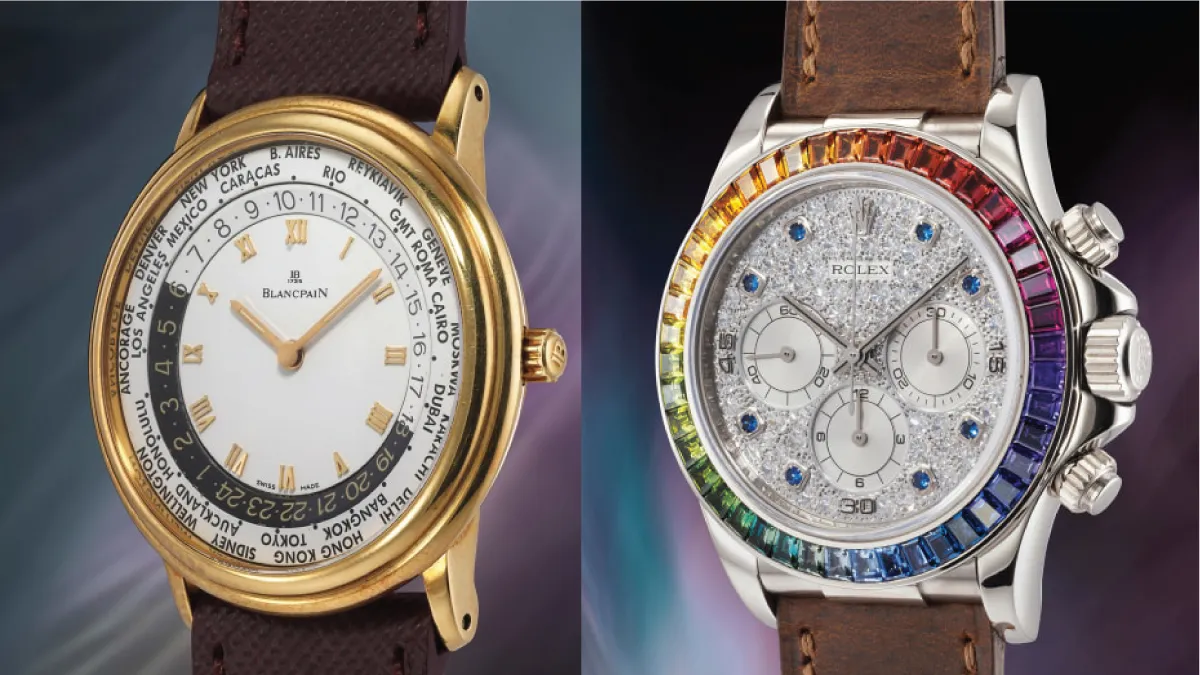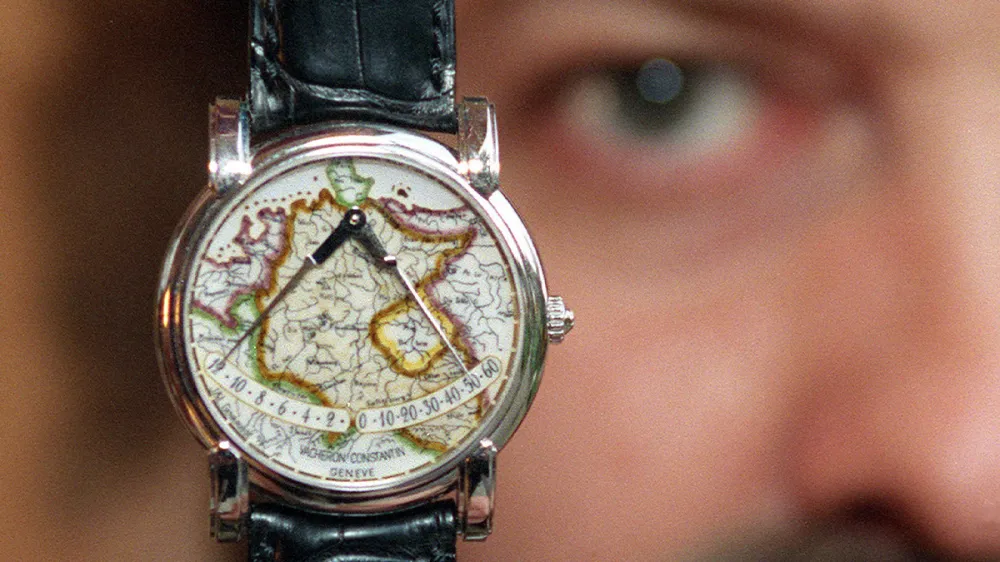Rolex, Patek Philippe, and F. P. Journe broke records at Phillips, Sotheby’s and Christie’s this fall, signaling a welcome return of scholarship and elitism to the watch scene.
Ever since the world of watches “blew up” between roughly 2019 and 2022, I’ve noticed a previously undetected conservative streak in myself. This streak first appeared in my privately snubbing young “influencers” who “came out of nowhere” to “blow up our feeds” while heralding brand ambassadors and red-carpet watch-spotting—a “phenom” decisive in my choice to finally depart social media. More recently, I made public my repulsion at the ultra-blingy 2023 edition of Watches and Wonders, which I said only Liberace could have tolerated without sunglasses. When Rolex finally chilled out this April with its relatively sedate 2024 collection, I found myself heralding the Crown’s return to the glory days of making only minute, iterative changes to its classic designs. Just last week, I wrote a largely unfavorable analysis the youth-oriented Patek Philippe Cubitus 5822P calendar watch, and among fellow collectors I lamented that Mr. Stern didn’t give us a 31 mm Calatrava instead.
My conservative streak may have been unexpected—perhaps only because middle age encroaches stealthily—but I’m “owning it,” as the kids say. And with that, I’m thrilled to report that the record-breaking watch auctions this fall look like a return to a world I’ve missed: that of elites and nerds collecting elite and nerdy watches.
While in Hong Kong last month, I had the privilege of handling many of the watches Phillips was to auction in Geneva as part of the Rebirth of Mechanical Watchmaking, 1980-1999 as well as the straight-up Geneva Watch Auction: XX. I was struck by two features of the watches I handled, which I believe tell us something about the state of watch collecting internationally.
On the one hand, the straight-up auction featured many very rare, seven-figure timepieces, including Patek Philippe 1518s, 2499s, and other jaw-dropping collection toppers from the golden era of Swiss watchmaking. Then, right alongside all that great old stuff, the Rebirth auction featured neo-vintage watches, many of which on the surface were unremarkable, but which a savvy watch collector—one who had done their homework—could identify as not only interesting right now but also as potentially smart investment pieces. Among those I’d include various Blancpains from the era of Jean-Claude Biver’s leadership, a stray Ebel, and various Breguets—but also an F. P. Journe Tourbillon à Remontoire d’Egalité from 1993 that hammered for well over $7 million.
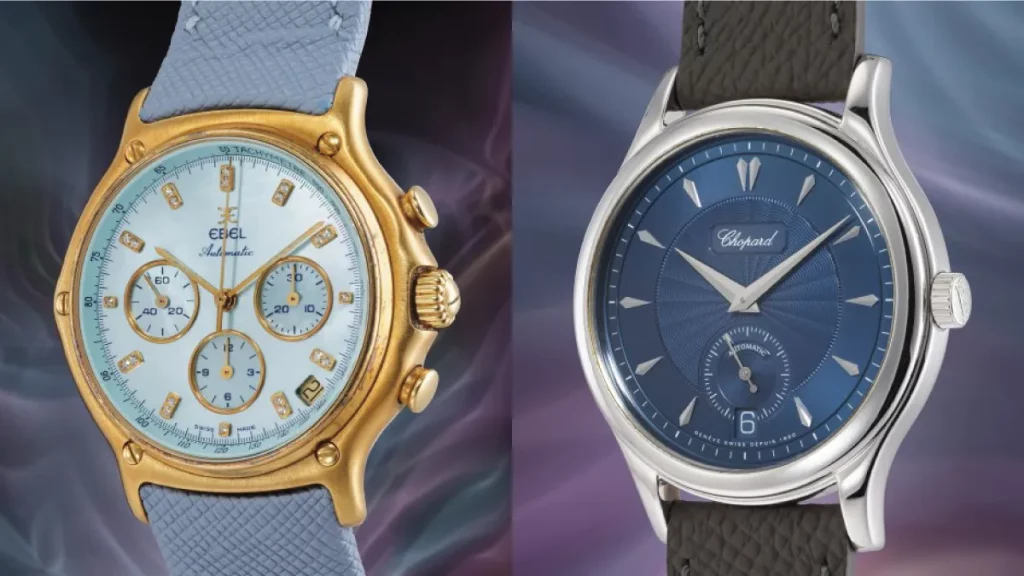
As I perused the catalogs for the Geneva auctions from Sotheby’s and Christie’s, I saw a similar pattern: holy grails alongside sly investment pieces from the ‘80s and ‘90s. And every house seemed to be setting records, which is likely down to market forces beyond the prevue of an editorial like this, but which my colleague Carol Besler has covered most thoroughly for Robb Report.
Here’s what I’ve concluded from this season’s record-breaking auctions: Elite watch collecting is back in full force after the pandemic brought an influx of trend-obsessed neophytes looking for a steel Patek Philippe Nautilus (which sold moderately this season), or a Rolex Daytona with a Newman Dial (one of which broke a record with little fanfare), or whatever hyped-up watch for which six-figure spends over the previous few years demonstrated a dearth of knowledge about collecting watches.
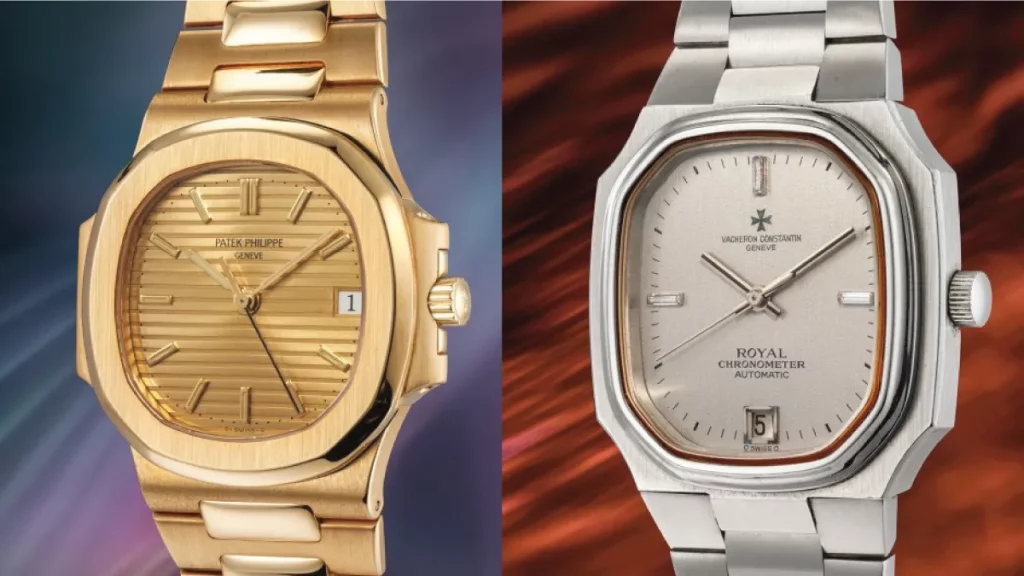
We’ve published two stories this year about the role pandemic collectors and crypto-bros have played in the wildly fluctuating watch market of late. Both of those stories were based on data coming from online analysis tools, but here I want to set the data aside and opine more freely about how good it feels to have the world of watch collecting returned to those who created it, nurtured it, and enriched it since the 1980s—back when I got started, however feebly, in earnest.
Is this good feeling I’m having elitist, exclusive, and even unkind? On the surface, I suppose it is. I confess I’m smirking like a club member who just shut the door on a rejected applicant, happy to return to the comfort of well-guarded nepotism. But more importantly, this warm glow in my horological heart is stoked by a very rare alignment of nostalgia with the present moment. The fall auction season has felt like coming home to the elite world of watch collecting which—for better or worse—I’ve adored for decades.
I say bring on the ascots flowing from Brioni collars and Patek 2499s sneaking from behind Lora Piana cuffs. Put the nubbly Brunello Cucinelli cardigan you bought in Silicon Valley on mothballs, shine up your twice-resoled Crockett & Jones loafers, and get that early brass-dial F.P. Journe out of the safe and strap it onto your wrist where it belongs. I say out with the neophytes blowing crypto play-money on hype-watches and in with old friends nodding knowingly about some pre-Royal Oak Audemars Piguet time-only watch the new kid on the block thinks is boring and too small. That’s the kind of old-school audacity and eccentricity I’ve missed.
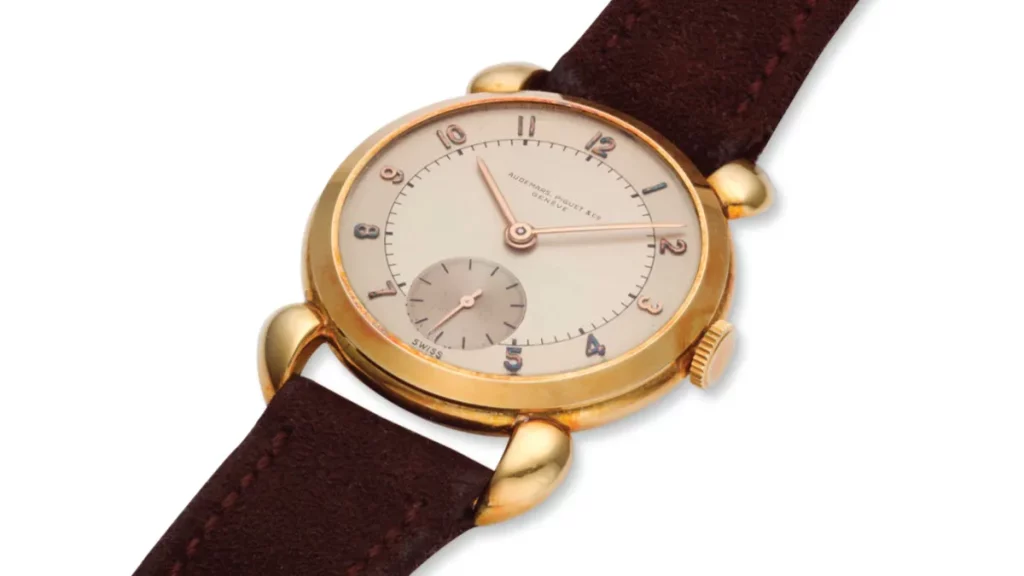
To be clear, I’m nowhere near occupying the ilk I’m romanticizing here, as I think my role as a journalist and minor collector of mostly four- and (gasp!) a few five-figure watches make clear. I don’t even aspire to that ilk, as evidenced by my placid comfort with the socio-economic rung upon which I’ve settled. But something other than money and status unites me (and others like me) with collectors who breezily drop seven figures on a watch, and that’s scholarship.
Hard-won knowledge about watches is the great unifier in the world of high-end watch collecting. Scholarship can’t be bought, nor can it be gleaned off the web in a few short years, no matter how deep your “deep dive” may have been. True scholarship in watches (or anything) takes years of dedicated study. (Perhaps Malcolm Gladwell’s 10,000 hours applies here.) Most serious collectors specialize, going deep into a niche, which spreads the collective knowledge out across the community in a manner that unites “watch people” with the mutual respect (and occasional skirmishes) commonly found among academics.
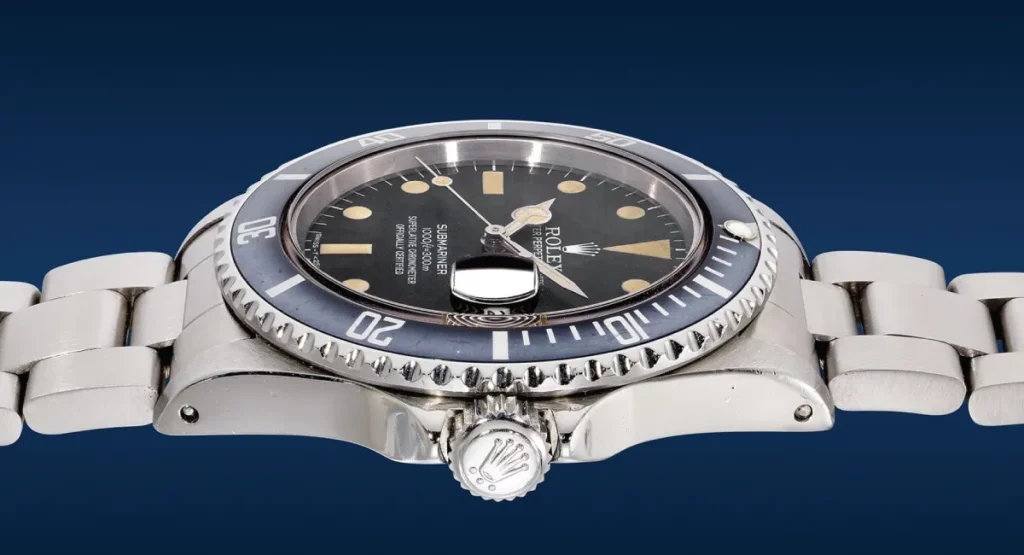
If there was one thing missing during the pandemic’s “totally bonkers” watch bubble, it was scholarship. I found it depressing to witness once-nerdy watch publications like Hodinkee give way to red-carpet reports and profiles of famous people who recently flipped a house for an on-trend watch collection. That kind of reporting was hardly even a thing outside TikTok until the pandemic hit. I’ll admit I have learned to enjoy the horological tabloids to some degree, but I need a spoonful of nerdery to help all that sugar go down.
If I am embracing a form of snobbery here, then let it be intellectual snobbery. I’m all for the snobbery that looks down its nose and demands, like a grizzled school master, that watch collectors do their homework. Brush up on horological history, mechanical mojo, inter-brand intricacies. Don’t learn five French terms and toss them into conversation at your local RedBar meet-up; maybe stay home and study instead, or at least also study. I’m not saying one should be able to speak in the coded language of reference numbers—my brain can’t do it, anyways, and it’s a sure-fire way to alienate people while teaching them nothing (e.g. “I’d take a 1518 over a 2499 any day, but neither is as cool as a good old 96.”). Nonetheless, a healthy reverence for the vastness that is watch scholarship should fuel a newcomer’s humble curiosity rather than a neophyte’s braggadocios regurgitation of the latest blog post they saw summarized on TikTok while scrolling on the toilet that morning.
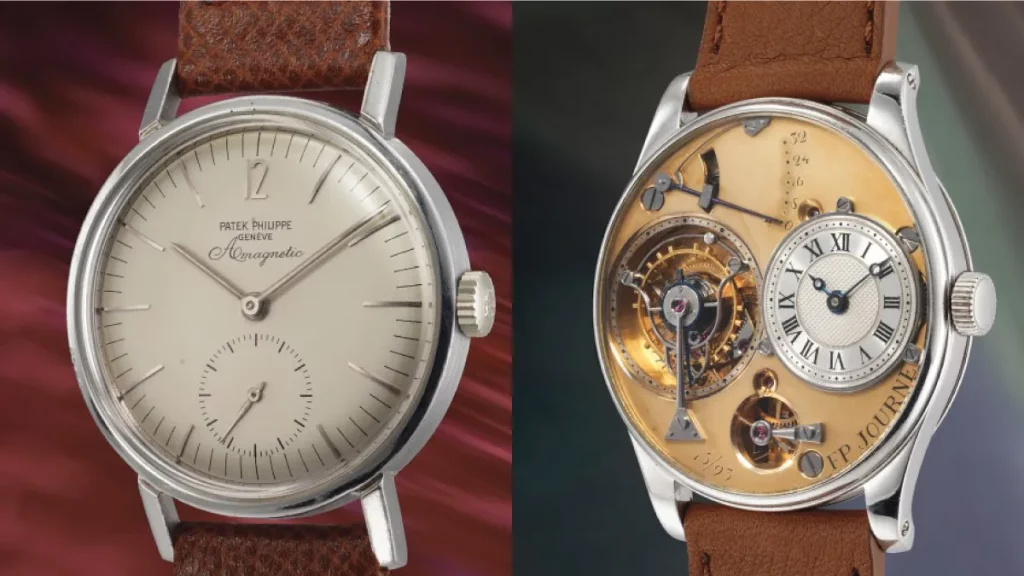
As much as I sincerely enjoy seeing new people—and especially young people—entering the world of watches, I miss the 1980s, ’90s, and early 2000s when there were so few of us, when it was a cozier scene glued together by common interest and a hunger to learn. In fact, watch collecting was downright uncool back in the day, truly a nerdy passion and nothing to brag about to friends, let alone to fans from the red carpet.
This is precisely what I found so compelling about this most impressive watch auction season: You really had to know your stuff to make sense of just about every lot. I didn’t see hype watches, or lots to track cynically to see how much some newcomer might overpay for it. Indeed, collectors paid a lot for the watches that sold last weekend, but they did so from a place of recognizing rarity, value, and beauty—that is to say, from a place of scholarship.
I’m all for inclusivity, truly, but going forward I hope that newcomers will exhibit a humble desire to learn and a patience to develop their tastes. No one needs to see yet another famous dude flash a Cartier Crash or whatever “buzz-watch” made of ”unobtanium” is “hot” at the moment. And while we’re on the topic, last summer I explained how Tom Brady wrecked the Cartier Crash, in case you’re interested in more of my low-brow elitist ramblings.

